
Stay warm and breathable when camping with the right layers. Learn how to combine base, mid and outer layers for every condition.
You've just spent an amazing day hiking through the crisp mountain air. But as the sun dips below the ridgeline, you notice your shoulders starting to shiver. What's the secret to staying warm and cosy when that evening chill sets in at the campsite?
How layering keeps you comfortable when camping
Whether you're car camping on the South Coast or backpacking the West Highland Way, strategic layering is key to your comfort. With the right breathable and insulating layers, you can effortlessly regulate your body temperature as conditions change from cold morning startups to strenuous daily treks and relaxing nights under the stars.
Introducing the Layering system
Our solution to personal thermal comfort is known as the layering system. It is based on the principle that lots of thinner layers are better than one big single layer. This holds true for a number of reasons, not least the high degree of flexibility it gives you. So no matter whether you are being busy chopping wood, fetching water, playing cards or reading a book its a synch to stay warm and comfortable while camping.
Let's take a look at this in more detail, working from the inside to the outside.
The breathable baselayer
These close fitting tops and bottoms act as the foundation for your layering system. They sit next to your skin and trap a thin layer of air. Unlike cotton, technical synthetic or merino wool base layers actively wick sweat away from your body, keeping you drier and warmer.
As you engage in more strenuous campsite activities and start to strip off your top layers your base layer will still provide warmth and protection. They are also great to sleep in, making it easier to get going during chilly mornings.
The insulating mid layer
This is the layer that you wear over your baselayer. It will commonly be a fleece jacket, soft-shell, merino-wool jumper or even a lightweight microbaffle down / synthetic pullover. Its generally more durable than your baselayer and styled to look more acceptable in normal city life scenarios. Its role is to insulate you, protect you from the wind and give you a few useful pockets.

The insulating outerlayer
Up until now your midlayer was your outlerlayer, and for a lot of the time during your camp it will be. However when the sun goes down, your activity level drops and the cold air sinks down from the high glaciers you will want to reach for a nice puffy outer layer.
This is your maximum warmth insulating layer, like snuggling up under a duvet, but with the practicality of being able to walk around the campsite in it. In general this layer isn't waterproof, although options sure do exist.
The waterproof / breathable outerlayer
Top things off with an outer shell that seals out wind, rain, and weather - but also allows perspiration to escape. Waterproof/breathable jackets let you stay cosy and dry around the campfire. This is your outershell you throw on over everything else.
For chilly nighttime activities like stargazing, layering an insulating jacket under your waterproof shell creates a toasty microclimate.
Additional practical benefits
Life is simpler when you are camping and you haven't got all of your home conveniences. Choosing clothing with technical properties has benefits that are not limited to the mountain summit.
Technical clothing such as merino or polygiene treated synthetics can be worn more between washes without ponging, and when it does finally need to be washed it uses less soap and dries quicker. Technical clothing also tends to pack down smaller, saving space in your bag and is more versatile across a range of temperatures.
So don't let falling temps prevent you from fully enjoying the camping experience! Get layered up properly, and you'll stay equipped to comfortably embrace the great outdoors from dawn to dusk.
The beauty of layering
At its core, layering involves using multiple lightweight garments that trap heat far better than one thick layer. This simple approach provides exceptional warmth and versatility, allowing you to easily adjust to changing conditions. By adding or removing layers, you can stay perfectly comfortable before, during, and after your wild swim.
The core benefits
- Insulation - Trapping air (or water) between layers creates superior insulation.
- Temperature Regulation - Easily cool off or warm up by removing/adding layers.
- Quick-Drying - Lightweight technical fabrics dry much faster than traditional fabrics.
- Comfort - Avoid that cold, clammy feeling during or after activity.

![Kraft [Mens]](http://us.alpkit.com/cdn/shop/files/KRAFT_MENS_1.jpg?v=1762542951&width=768)


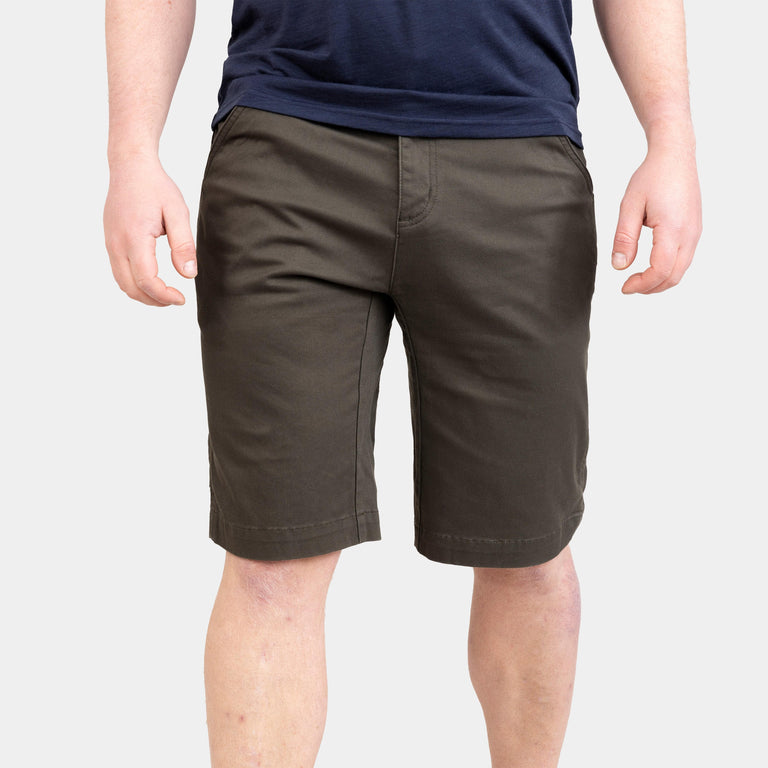
![Werk [Mens]](http://us.alpkit.com/cdn/shop/files/WERK_MENS_OUTER-SPACE_TENERIFE_005982__4000px.jpg?v=1717552503&width=768)
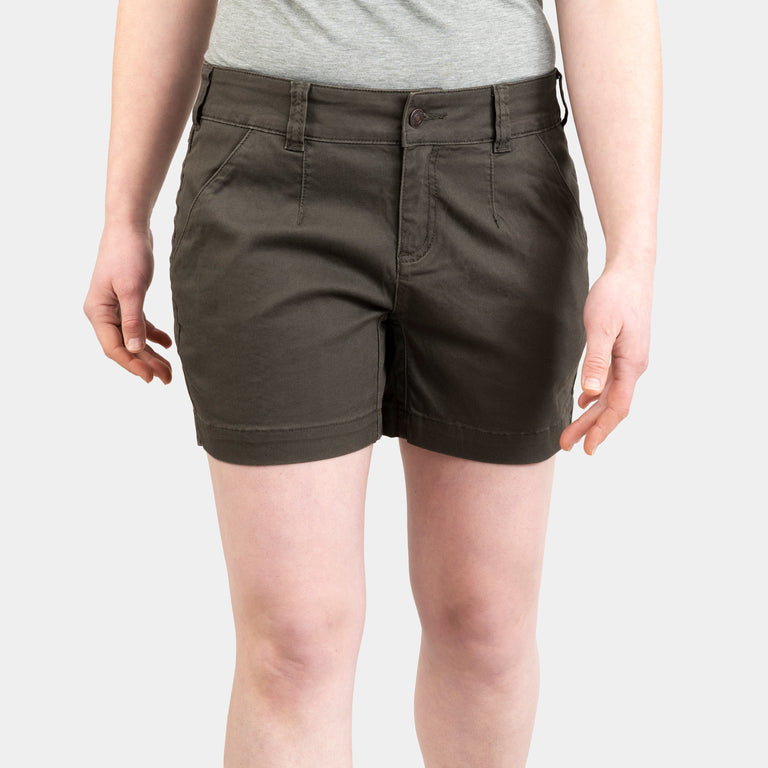
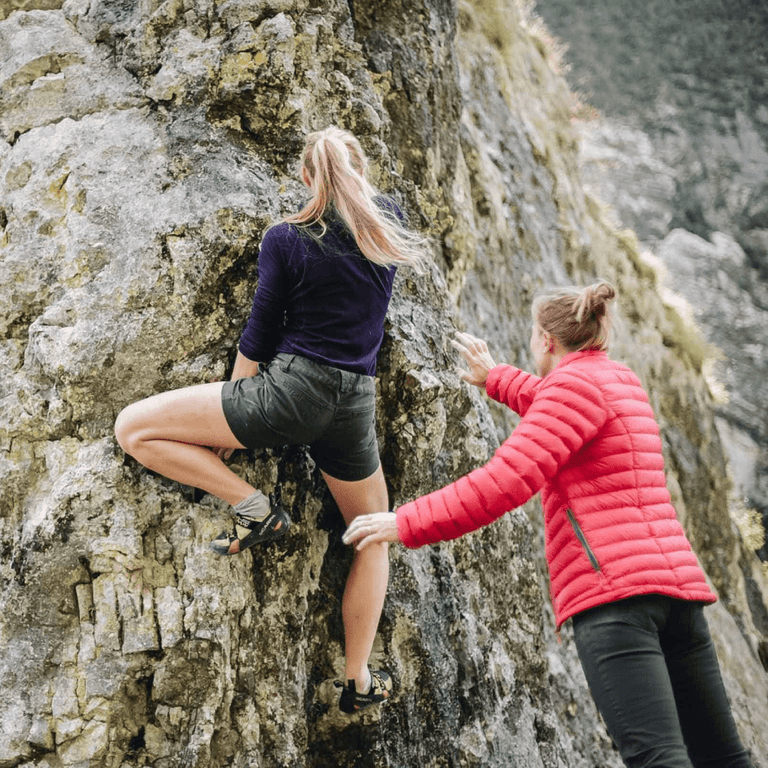
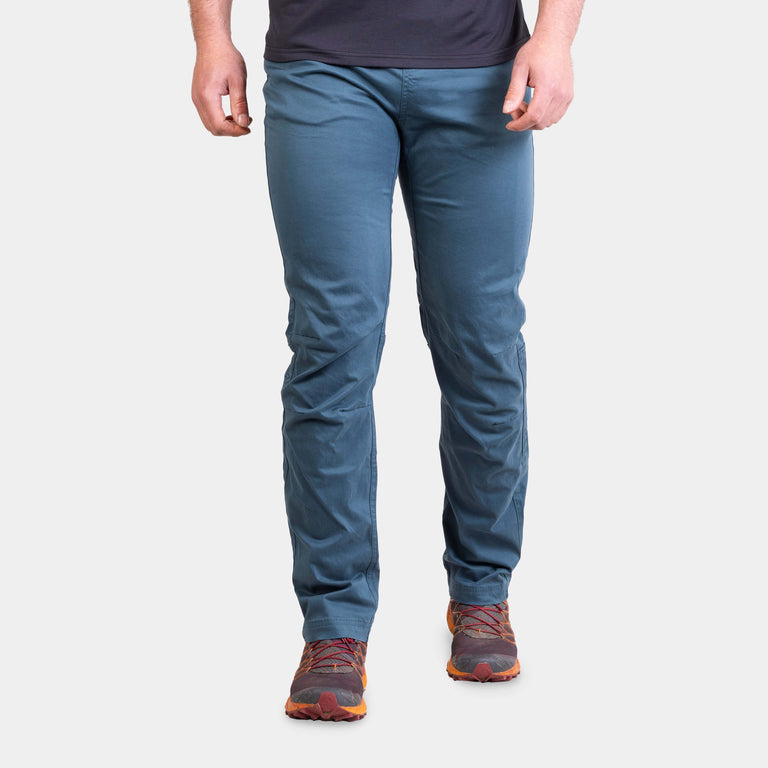
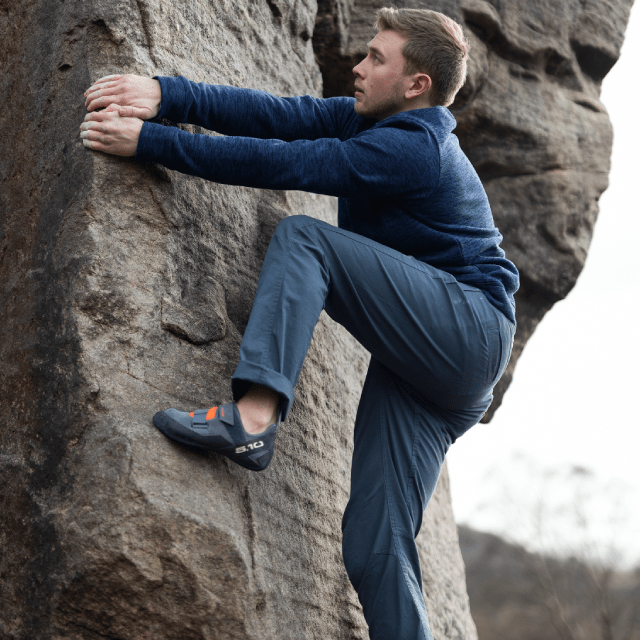
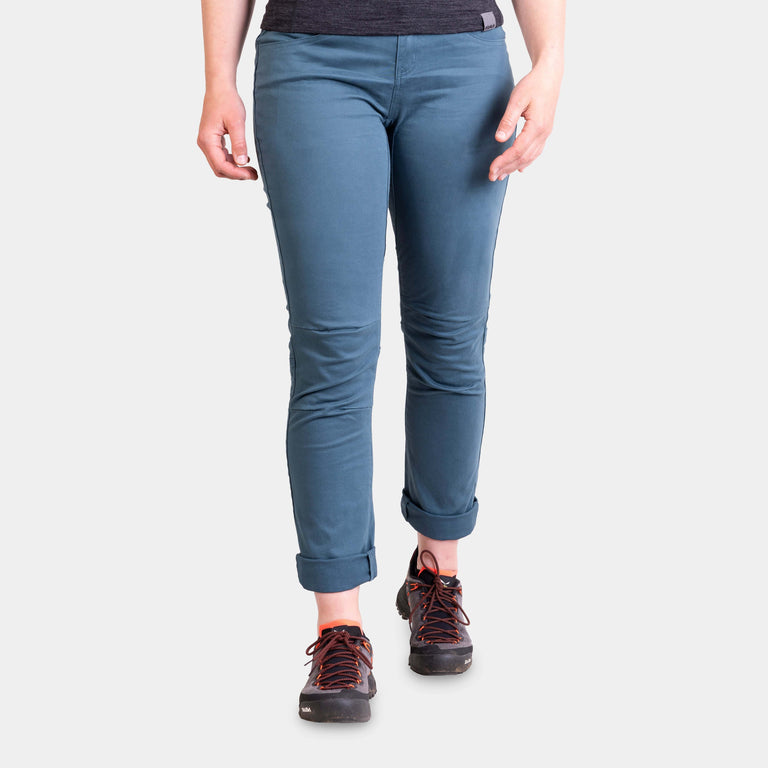
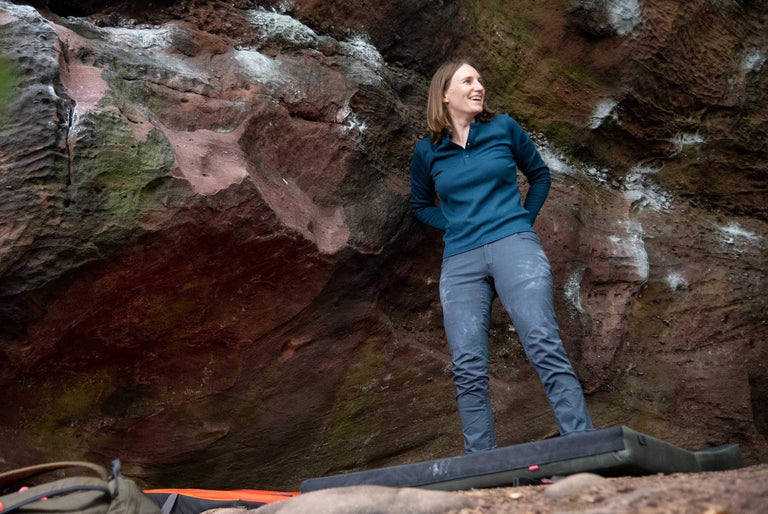
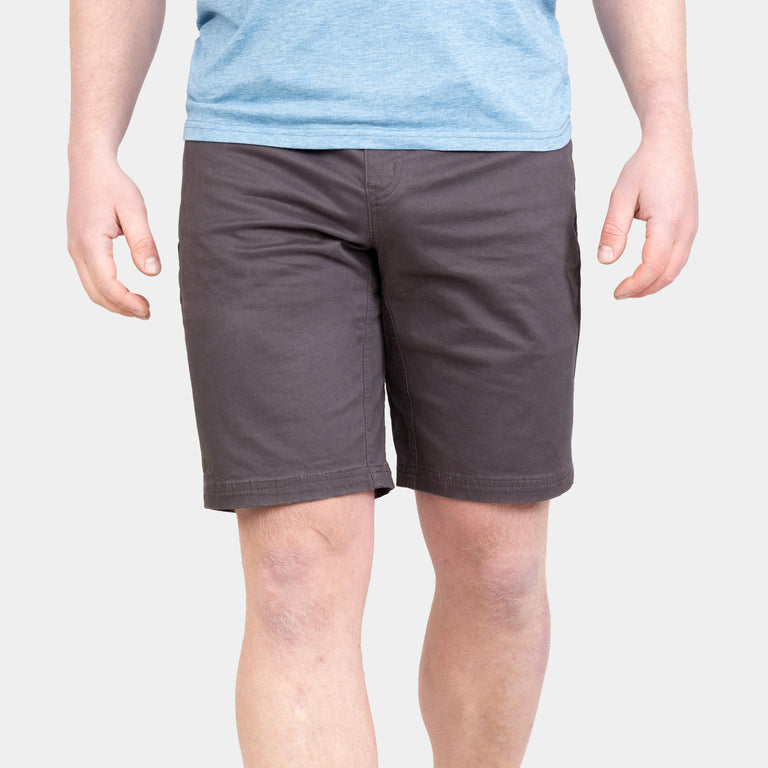
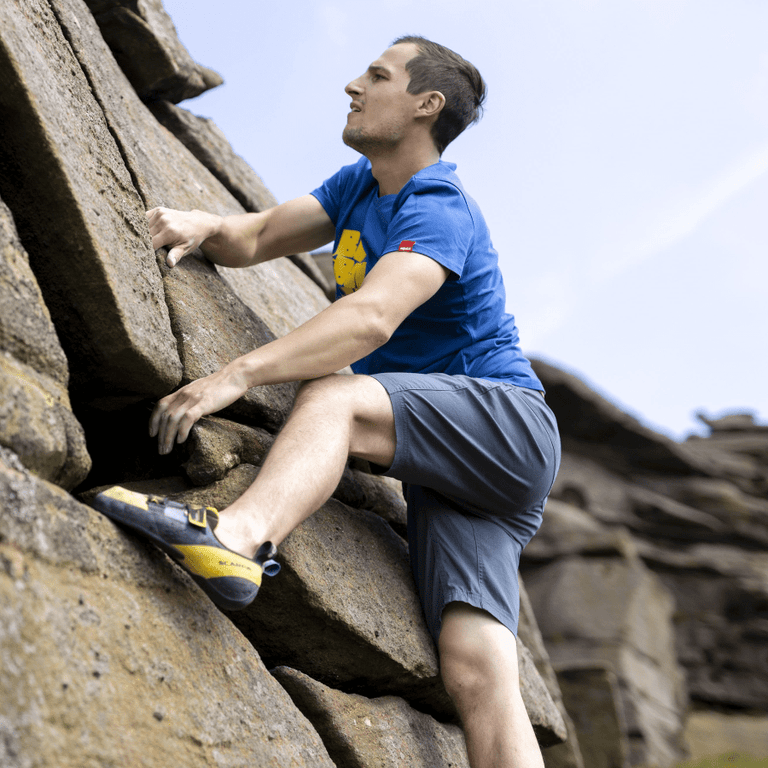
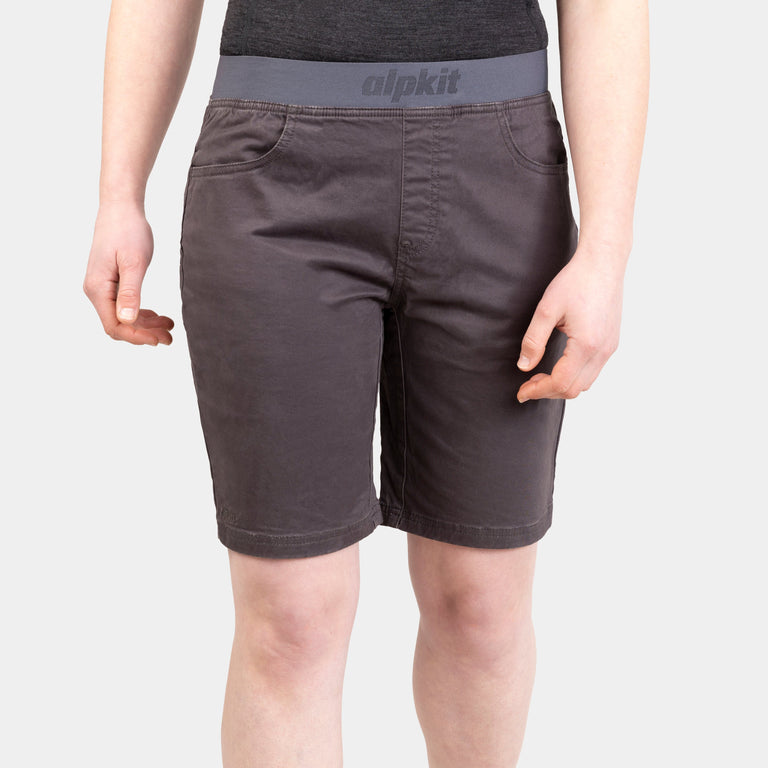
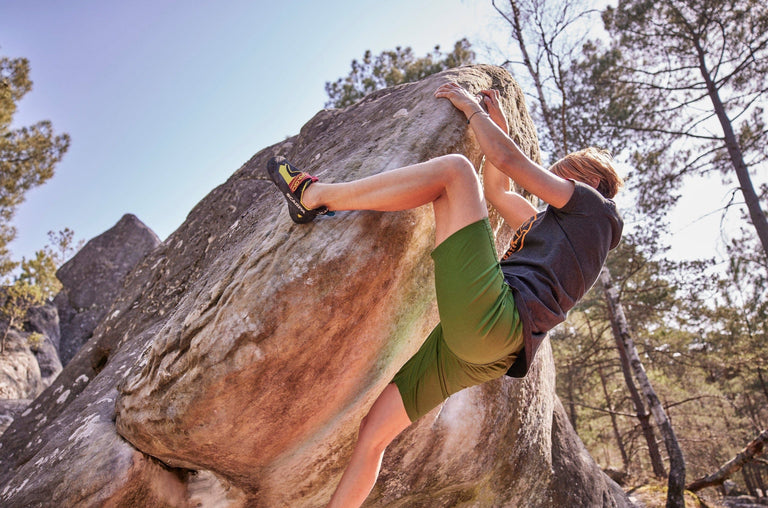


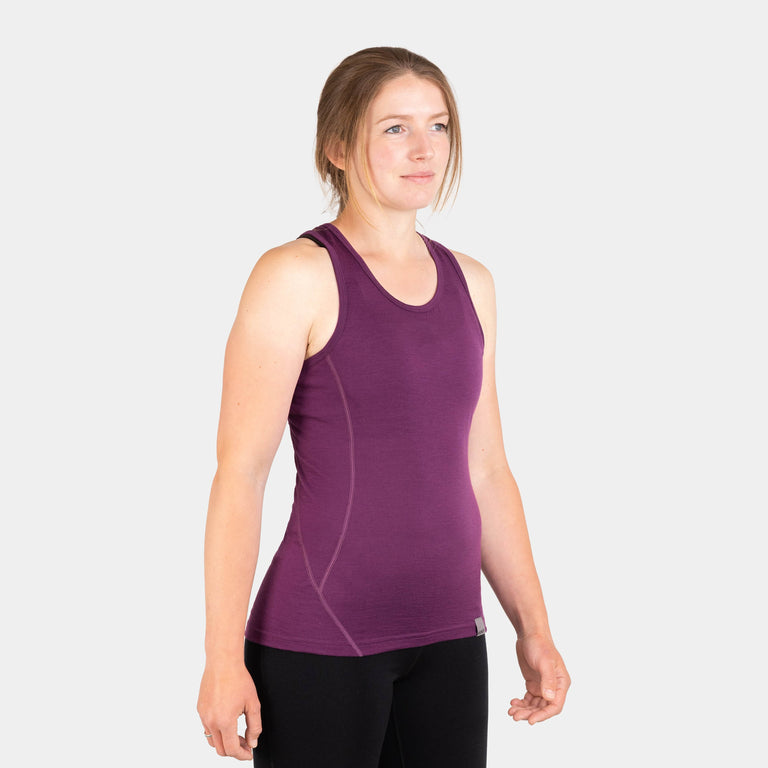
![Kepler Vest [Womens]](http://us.alpkit.com/cdn/shop/files/kepler-vest-womens_07b896c4-6e7c-40bb-8a9c-a6597aef20eb.jpg?v=1717536499&width=768)
![Kepler Short Sleeve [Mens]](http://us.alpkit.com/cdn/shop/files/mens-kepler-short-sleeve-2026-stirling-temp.jpg?v=1768762939&width=768)
![Kepler Short Sleeve [Mens]](http://us.alpkit.com/cdn/shop/files/mens-kepler-short-sleeve-navy.jpg?v=1768762939&width=768)
![Kepler Short Sleeve [Womens]](http://us.alpkit.com/cdn/shop/files/womens-kepler-short-sleeve-2026-cosmos-temp.jpg?v=1768417177&width=768)
![Kepler Short Sleeve [Womens]](http://us.alpkit.com/cdn/shop/files/womens-kepler-short-sleeve-cosmos.jpg?v=1768417177&width=768)